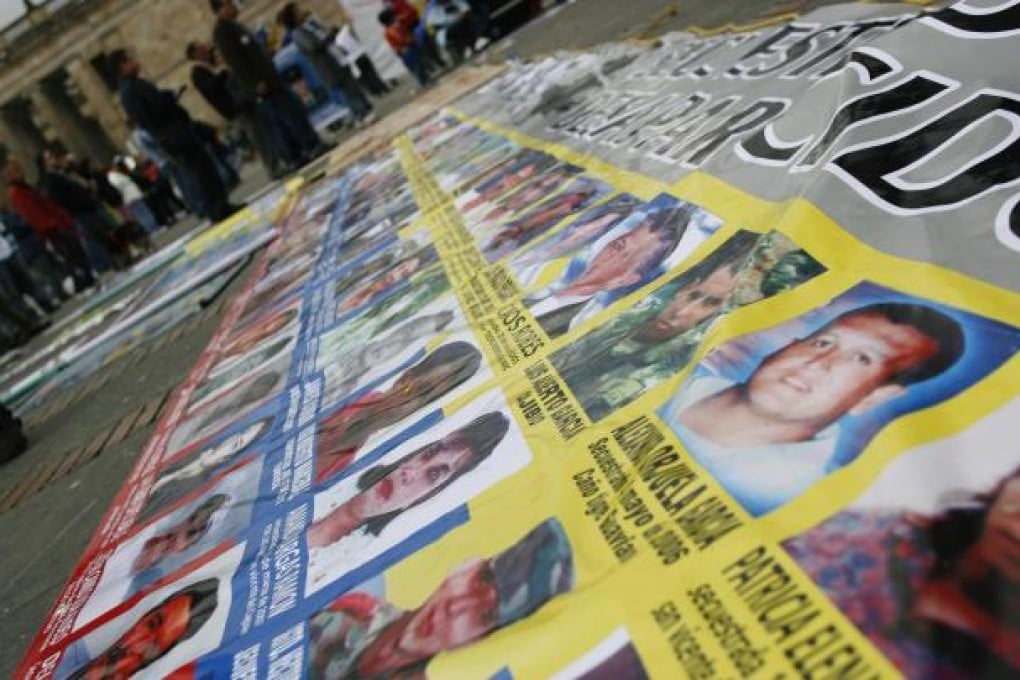Colombia gives peace a chance in Oslo talks with Farc
After 50 years of deadly civil war, the government's peace talks with leftist Farc rebels could finally demobilise 9,000 fighters

Under the jagged Andean peaks of south-western Colombia, villagers gathered on a recent cloudy morning at the school, where they mixed cement to rebuild a classroom destroyed in March by a mortar shell.
The mortar had been fired by guerillas of the Revolutionary Armed Forces of Colombia (Farc) at an army outpost on the next hill. But, like many of the homemade explosives used by rebels, it missed its mark.
This time, the villagers were lucky: there were no casualties. But after living under the shadow of leftist guerrillas for nearly 50 years, they know death can come from either side, at any time.
"If you're home, you hide under the bed," says Jose Aurelio Medina, a community leader in Calandaima. "If you're in the fields, you take cover anywhere. You wait for the fighting to stop."
There is a chance now that the fighting could stop permanently, all across Colombia. Peace talks between the Farc and the government of President Juan Manuel Santos begin tomorrow in Oslo, and will continue in Havana, in what analysts say is the most serious effort yet to end one of the world's longest running civil wars.
The talks have suffered a series of postponements. Due to start today, the talks were put off for a day because the rebels' top negotiator Ivan Marquez experienced travel hold-ups due to bad weather. Before that, they had been postponed for several days, because of the rebels' last-minute inclusion of a young Dutch combatant who joined the insurgents nearly a decade ago. The participation of Tanja Nijmeijer, 34, as a spokesperson in Oslo could help boost the Farc's profile in Europe.
